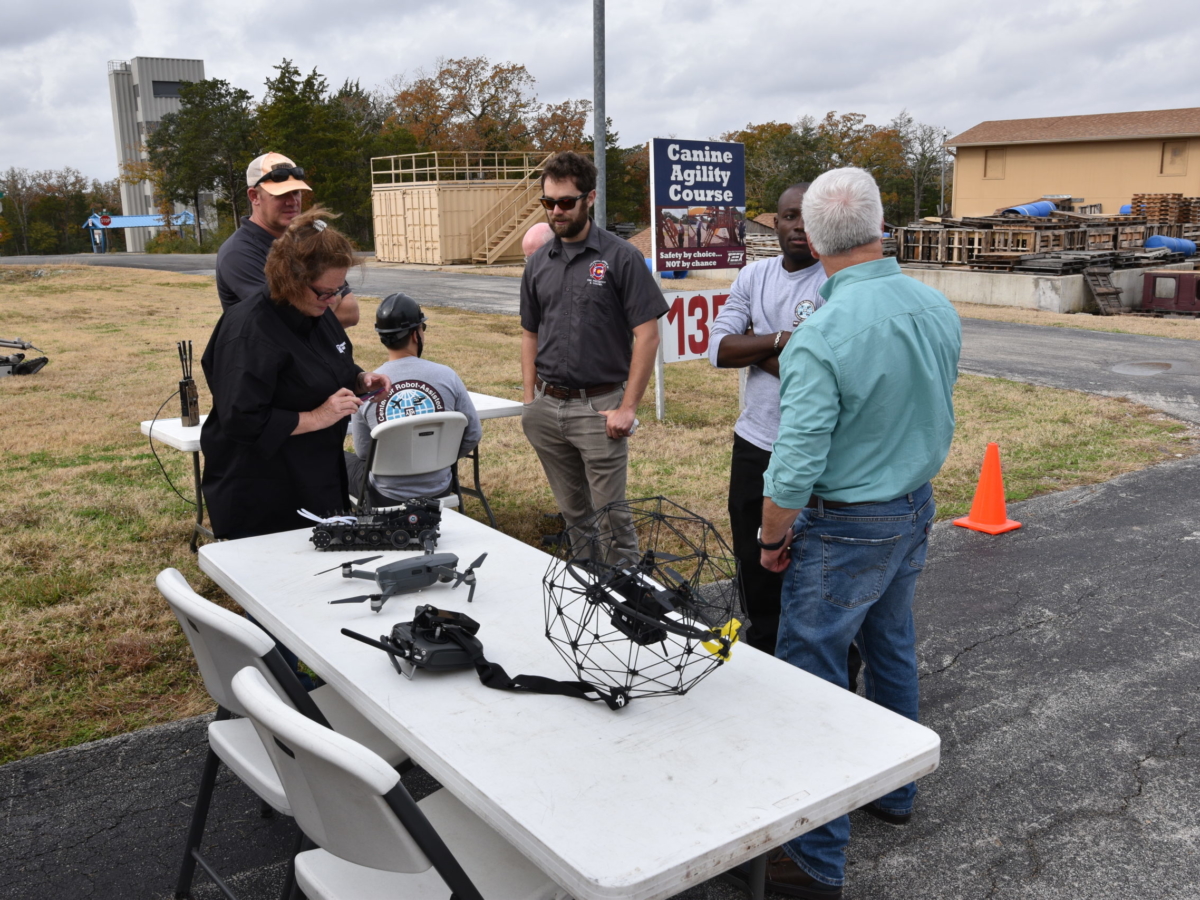
The NeuroErgonomics Lab examines the mind-motor-machine nexus to understand, quantify, and predict human states like stress and fatigue. With these predictions, we can better understand human performance while interacting with emerging technologies in safety-critical environments (emergency response, space exploration, and oil and gas). These investigations involve examining the multifactorial causes and consequences of operator stress and fatigue, brain-behavior relationships with changing workforce demographics, and developing tools that assess operator health and performance.
Basic research in our lab focuses on understanding, monitoring, and augmenting human performance using brain-behavior approaches and techniques by advancing neurophysiological mechanisms of human fatigue (physical and cognitive). These approaches are observed particularly under stress and in underserved populations. These efforts provide a foundation for our applied research and technology developments that focus on augmenting and supporting embodied cognition. Through equitable multimodal interface designs, wearable technologies, fluent human-robotic interactions (HRI), brain-computer interfaces (BCIs), and neurostimulation, we can set a poised and scaled groundwork to transform the future of work, across many critical industries.
Featured Video: Energizing the Brain: NHANCE project @ the NeuroErgonomics Lab


